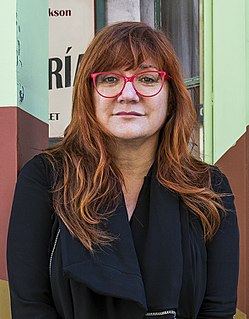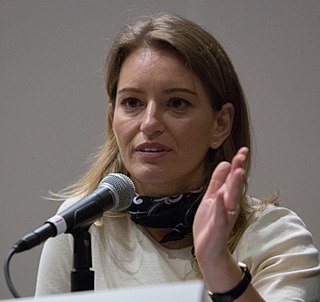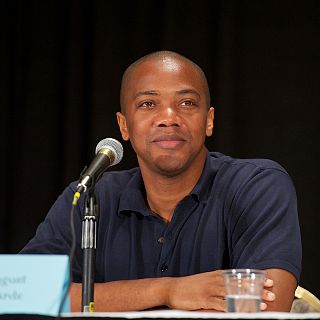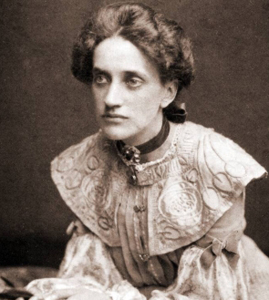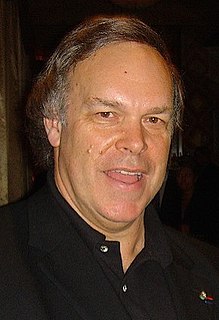A Quote by Isabel Coixet
I think I can work with different crews; I've worked with Bulgarian, Norwegian, Japanese, and Chinese crews. For me, the most important thing is the storytelling, and I'm really comfortable working with all kinds of languages.
Related Quotes
One of the things that was really influential early on was Ezra Pound's Cantos, one poem he worked on for 50 years. It's epic. I had a great deal of difficulty understanding it. One of the problems was you'd be reading along in English and he would move to a Chinese ideogram or French-he actually used seven different languages in a given poem. And for somebody who's not fluent in different languages it has the impact of rupturing your way of understanding something.
